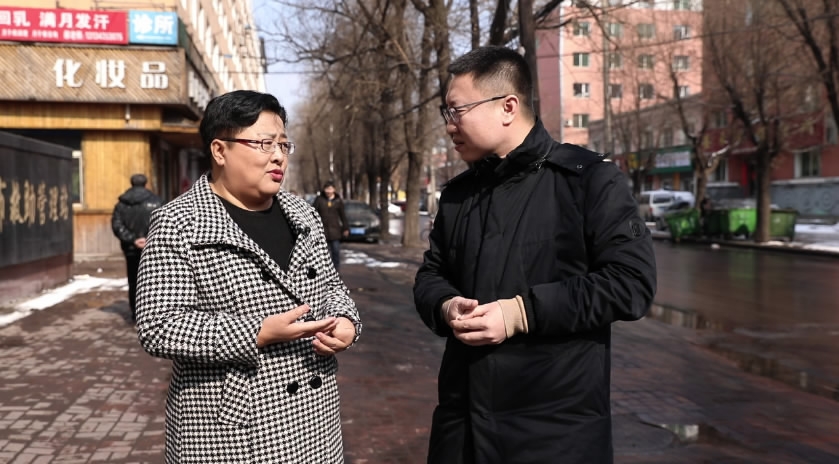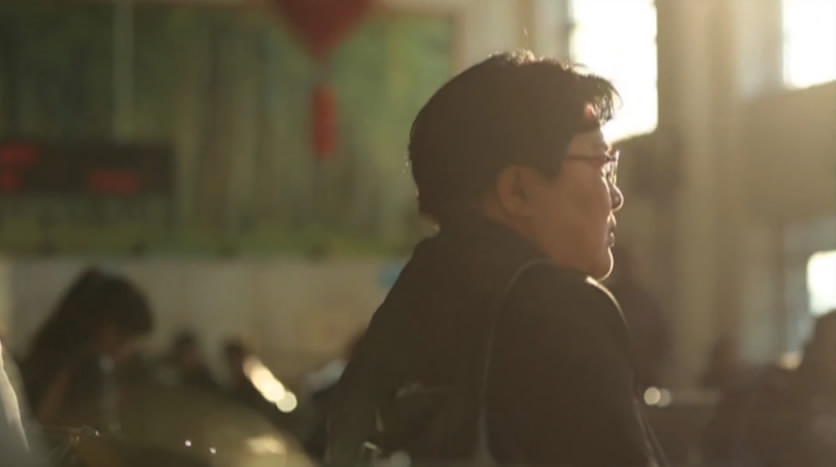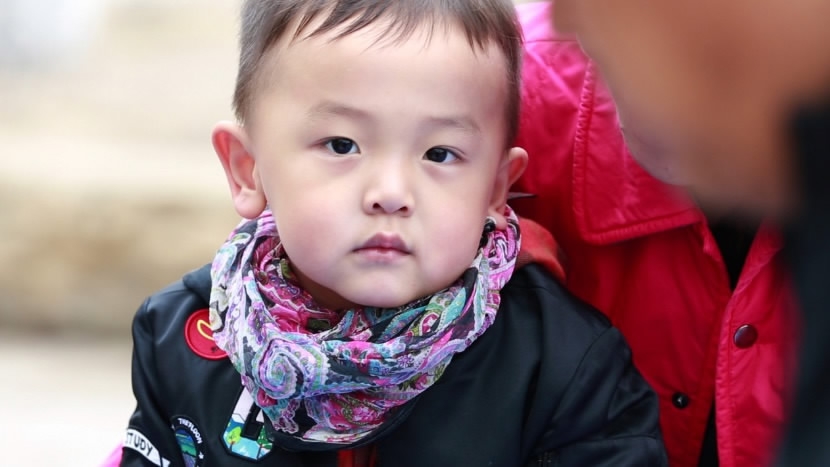As China's supreme state organ, the National People's Congress has the power to enact and amend basic laws concerning criminal offenses. Newly-elected NPC deputy Zhang Baoyan from northeast China's Jilin Province, the founder of an organization helping families find their missing children, proposed stiffer penalties against child trafficking in her motion.
2,314 in 11 years...that is the number of people who found their missing loved ones with the help of Zhang Baoyan and the charity organization she founded – "Baby Back Home."

NPC deputy Zhang Baoyan from Jilin Province told CGTN that she is constantly on the move to help people find their missing children, and she usually packs clothing for all seasons while on the move. /CGTN Photo
NPC deputy Zhang Baoyan from Jilin Province told CGTN that she is constantly on the move to help people find their missing children, and she usually packs clothing for all seasons while on the move. /CGTN Photo
"I always have clothing for all seasons in my suitcase. I don't know where my next destination would be since I am constantly on the move to help people find their missing children," said Zhang before she arrived in Beijing for the Two Sessions.
China's criminal laws punish child traffickers with imprisonment of 5 to 10 years. Serious involvement can result in a sentence of anywhere between 10 years and life in prison. In extreme cases, the penalty is death.
But Zhang believed these penalties are not enough. She wanted the law to do away with the maximum period for the statute of limitations allowed for prosecuting child trafficking cases.

The shocking truth that Zhang told CGTN: She had many victims who identified traffickers after growing up, but the court could not accept the case because it happened 10 or 20 years ago. /CGTN Photo
The shocking truth that Zhang told CGTN: She had many victims who identified traffickers after growing up, but the court could not accept the case because it happened 10 or 20 years ago. /CGTN Photo
When CGTN asked why she thinks that way, she replied: "Many traffickers are still at large, because the law states that a suspect will not be prosecuted when a case exceeds the period set forth by the statute of limitations. We've had many victims who identified traffickers after growing up, but the court could not accept the case because it happened 10 or 20 years ago."
Zhang has more than 280,000 volunteers nationwide helping her find lost or abducted children.
The central government has also paid more attention to the issue: the country's criminal law was revised in 2015 so that people buying trafficked children would face criminal charges.

According to Zhang, many traffickers are still at large, because the law states that a suspect will not be prosecuted when a case exceeds the period for the statute of limitations. In her motion to the NPC, she wants the law to do away with the maximum period for the statute of limitations for prosecuting child trafficking cases. /CGTN Photo
According to Zhang, many traffickers are still at large, because the law states that a suspect will not be prosecuted when a case exceeds the period for the statute of limitations. In her motion to the NPC, she wants the law to do away with the maximum period for the statute of limitations for prosecuting child trafficking cases. /CGTN Photo
"Only through the National People's Congress can our voices be heard and turned into action. As a new NPC deputy, my motion to amend the limitation period for cases of child trafficking was a suggestion from ordinary people. Many who have dedicated their lives fighting this crime have gone through the same experiences," Zhang told CGTN just before she left for the Two Sessions.





